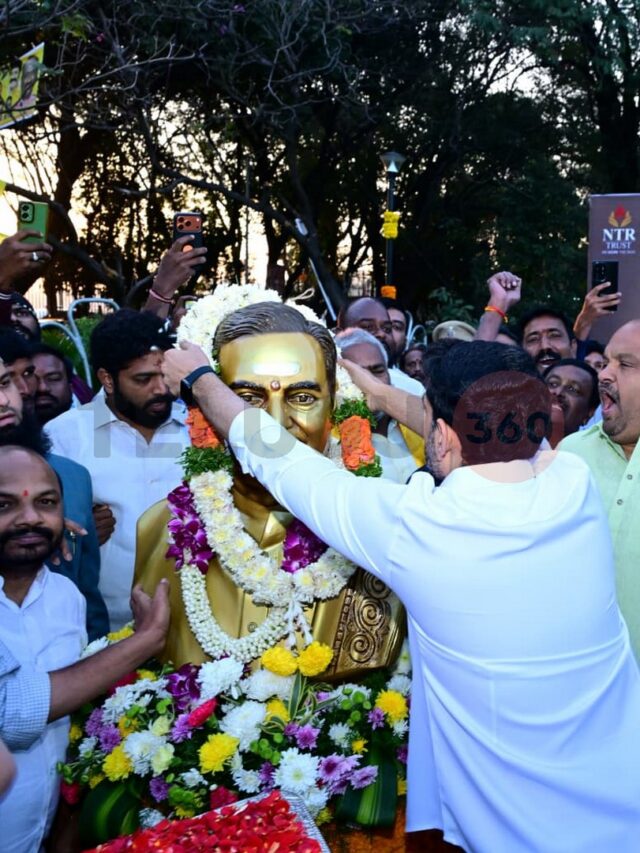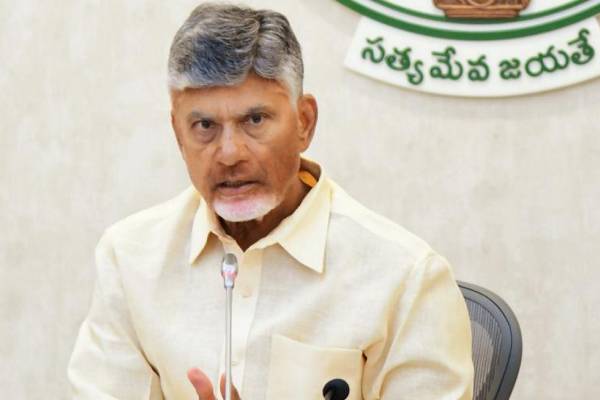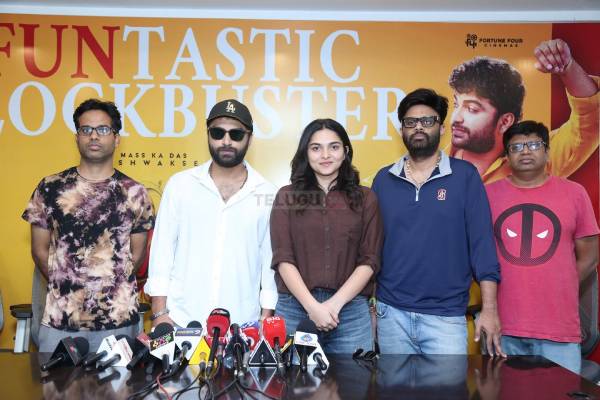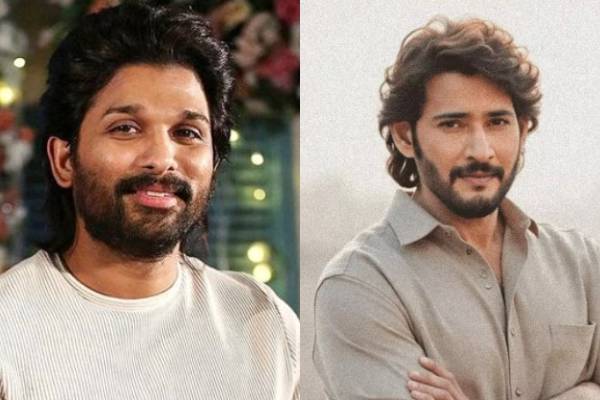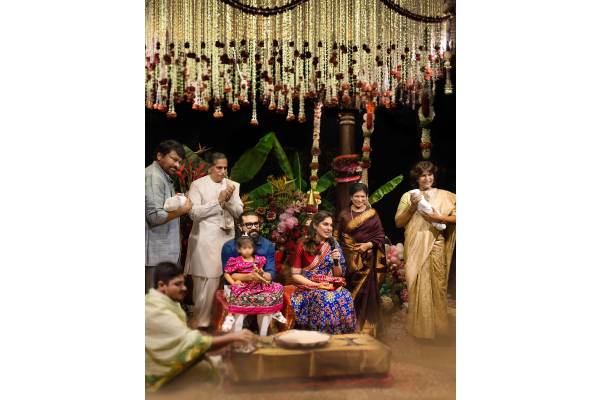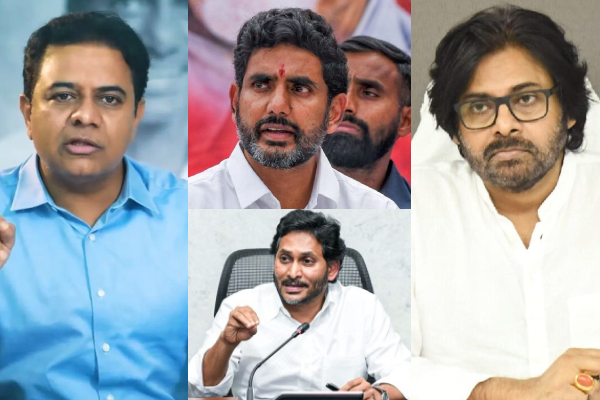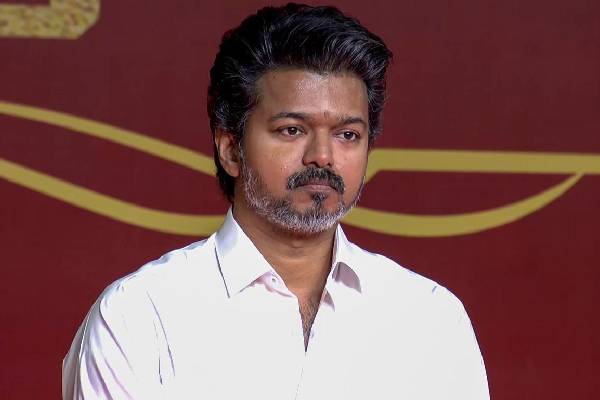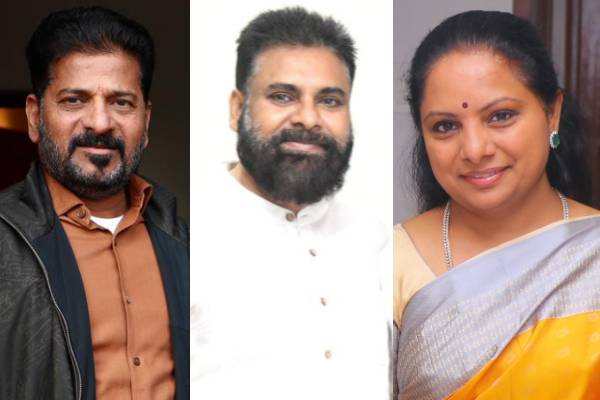India’s long-standing debate over linguistic identity and Hindi imposition has flared up again, with leading southern political figures taking starkly different positions, turning language into a hot-button political issue.
Telangana’s BRS working president K.T. Rama Rao (KTR) reignited the controversy, strongly opposing what he termed the Centre’s attempt to impose Hindi on non-Hindi-speaking states. Speaking at an event in Jaipur, KTR warned against the cultural and administrative centralisation that such moves represent. “Language is not just a means of communication—it is a reflection of our culture and identity,” he said, questioning why Hindi should be forced on southern states that never imposed their own languages on others.
He further raised concerns about how such centralised decisions, like constituency delimitation, could unfairly affect southern states that have shown better governance and population control. KTR’s statements reflect growing regional discomfort over Hindi being elevated at the cost of linguistic equality.
Contrastingly, Andhra Pradesh Deputy CM Pawan Kalyan offered a more conciliatory view. In earlier remarks, he defended Hindi as a unifying language, invoking the legacy of Dr. A.P.J. Abdul Kalam. “Hindi can serve as a practical and emotional link language while respecting all regional tongues,” he said. Kalyan emphasized that his support was not about ignoring Telugu or Tamil but about fostering multilingual unity.
Adding to the conversation, TDP general secretary Nara Lokesh in an interview, went a step further, stating that “Hindi is our national language”—a claim that was challenged by the interviewer but repeated by Lokesh. He firmly supported the idea of Hindi being promoted as a link language, asking, “Why pit Tamil and Telugu against Hindi?”
YSRCP chief Y.S. Jagan Mohan Reddy was also seen in a widely circulated video allegedly referring to Hindi as the “obvious national language” in response to a media question. These remarks from the top three political leaders in Andhra Pradesh, each from a different party, indicate a growing shift in how southern leaders engage with the language question.
However, many language activists and regional voices disagree. Critics argue that Hindi is not India’s national language, the Constitution recognises 22 official languages but designates no language as national. Imposing Hindi, they say, threatens linguistic diversity, marginalises non-Hindi speakers, and tilts national politics toward the Hindi belt.
A Divided South on Language Policy
The divide is now evident within southern politics itself. On one side stand with KTR and regional leaders fighting to protect local language rights; on the other, leaders like Pawan Kalyan, Lokesh, and Jagan Mohan Reddy who see Hindi as a tool for broader national cohesion.
As the language debate deepens, it is increasingly clear that language in India is not just a cultural concern, it is deeply political. Whether it leads to greater unity or further division will depend on how sensitively the issue is handled by both the Centre and the states.

















